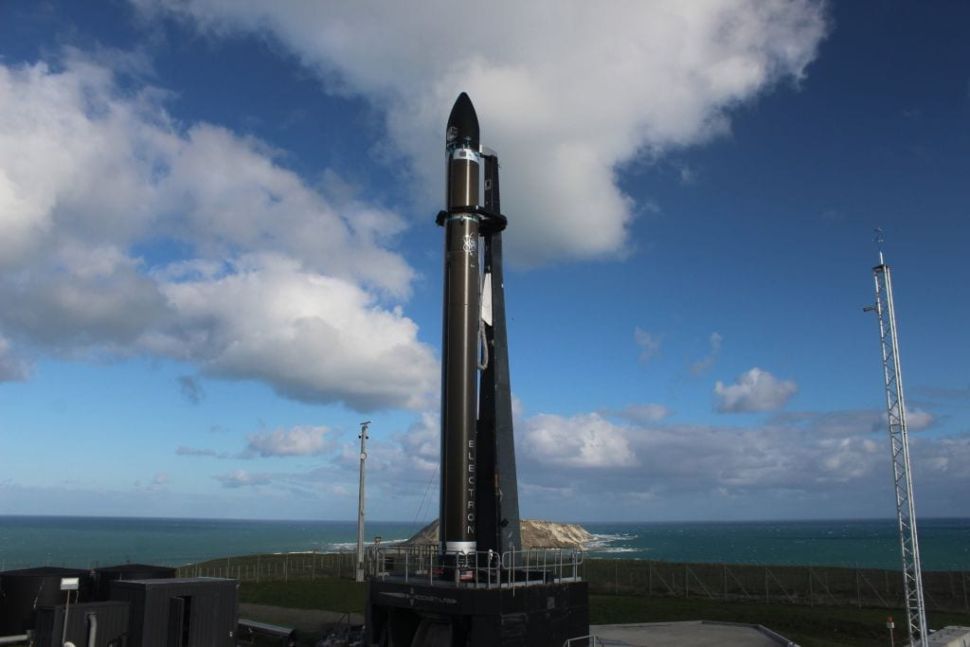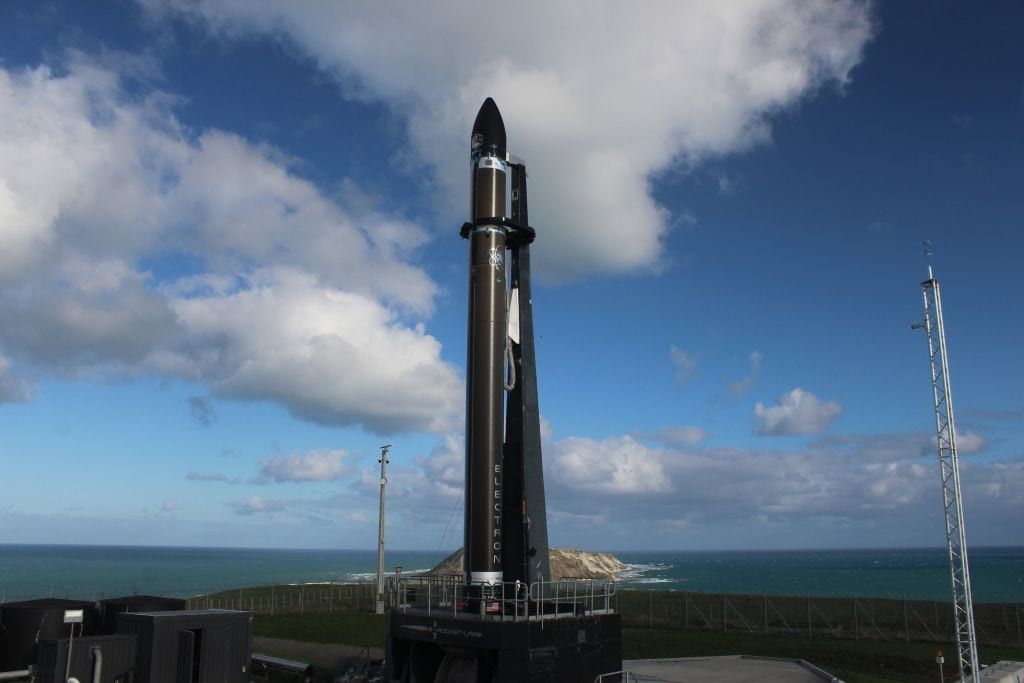
A Rocket Lab Electron on the launch pad in New Zealand ahead of the “Don’t Quit Me Now†mission. Rocket Lab
SpaceX’s rising challenger Rocket Lab prides by itself in making compact, economical rockets and satellites. But it has grand ambitions to set these petite spacecraft to interplanetary use. Soon after locking in a contract to send out a compact probe to the Moon for NASA afterwards this yr and an in-home venture to research for lifestyle on Venus, Rocket Lab declared Tuesday it has gained one more NASA contract to send out two of its Photon spacecraft for a science mission to Mars in 2024.
The contract, awarded beneath NASA’s Compact Impressive Missions for Planetary Exploration (SIMPLEx) system, commissions Rocket Lab to style and it’s possible construct two spacecraft for the Escape and Plasma Acceleration and Dynamics Explorers (ESCAPADE) mission to examine Mars’ one of a kind hybrid magnetosphere in purchase to recognize how its climate changes over time.
“This is a vastly promising mission that will deliver massive science in a modest bundle. Planetary science missions have usually charge hundreds of tens of millions of pounds and consider up to a decade to arrive to fruition,†Rocket Lab CEO Peter Beck stated in a statement. “Our Photon spacecraft for ESCAPADE will exhibit a much more price-productive method to planetary exploration that will enhance the science community’s access to our solar method for the much better.â€
The Photon is a satellite bus about the size of a kitchen area oven. It can have up to 40 kilograms (88 kilos) of payloads on interplanetary visits. The twin-spacecraft procedure will be introduced to Mars aboard a NASA-offered launch car in 2024. Rocket Lab hopes it could produce its personal Neutron booster, a mid-sized reusable rocket (about two-thirds the top of a SpaceX Falcon 9), in time for the mission.
The Mars deal marks another milestone in Rocket Lab’s vision to make interplanetary missions reasonably priced and available to the broader science community.
“The full issue of this is to try and do this as reduced charge as possible and get the most volume of scientific bang for the buck,†Beck mentioned in an job interview with CNBC adhering to the announcement. “You talk to a planetary scientist and maybe they get to do two missions in their total skilled occupation. And we’re like, ‘that’s just sucks, we will need to enhance the iteration speed below.’â€Â
“If you have got some more compact interplanetary missions with large science aims that you want to attain, then we’re your one particular halt shop,†he extra.
Rocket Lab is set to go community on Nasdaq afterwards this month by way of a merger with the unique-reason acquisition corporation Vector Acquisition in a offer valuing the space startup at $4.1 billion.

